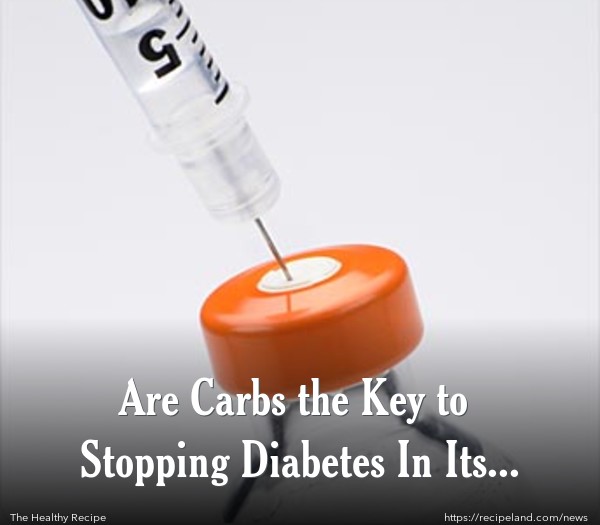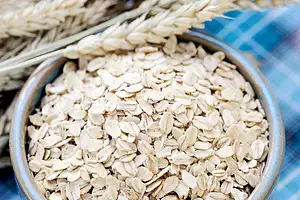Is a diet high in protein and low in carbohydrates the solution to America’s Type 2 diabetes epidemic?
According to Marni Jameson’s recent L.A. Times article, many nutritional scientists are now saying that Americans need to focus on the amount of carbohydrates they eat, not fat.
The body turns carbohydrates into sugar in the blood. Insulin is created by the pancreas to regulate this blood sugar.
Unfortunately, as those who eat a carbohydrate-rich diet age, their ability to produce insulin to regulate blood sugar decreases, while their need for insulin increases. The pancreas cannot handle these added insulin requirements. Glucose builds up in the blood, causing Type 2 diabetes.
Adopting a low-carb diet can take the pressure off of the pancreas before the damage caused by Type 2 diabetes becomes permanent. This leads patients with Type 2 diabetes to lower – or even stop – their dependence on supplemental insulin.
Reducing the amount of carbs eaten can also have a positive effect on obesity, hypertension and heart disease, which commonly occur in patients with Type 2 diabetes.
According to Jameson’s article, the body burns carbohydrates as a fuel source before it burns stored fat. In people who eat too many carbohydrates, stored fat is never burned.
The carbohydrates that are not needed immediately for fuel are converted to fat and added to the body’s stockpile, leading to obesity.
A low-carb diet forces the body to burn the fat it has stored, resulting in weight loss.
About 55% of the daily American diet is carbohydrates. That is twice as much as the body needs!
A healthy diet includes 125-150 grams of carbohydrates each day.
For a healthier and longer life, the American Diabetes Association recommends that those who are at risk for Type 2 diabetes or have already developed this devastating disease limit the amount of carbs they eat and increase their physical activity.










Comments